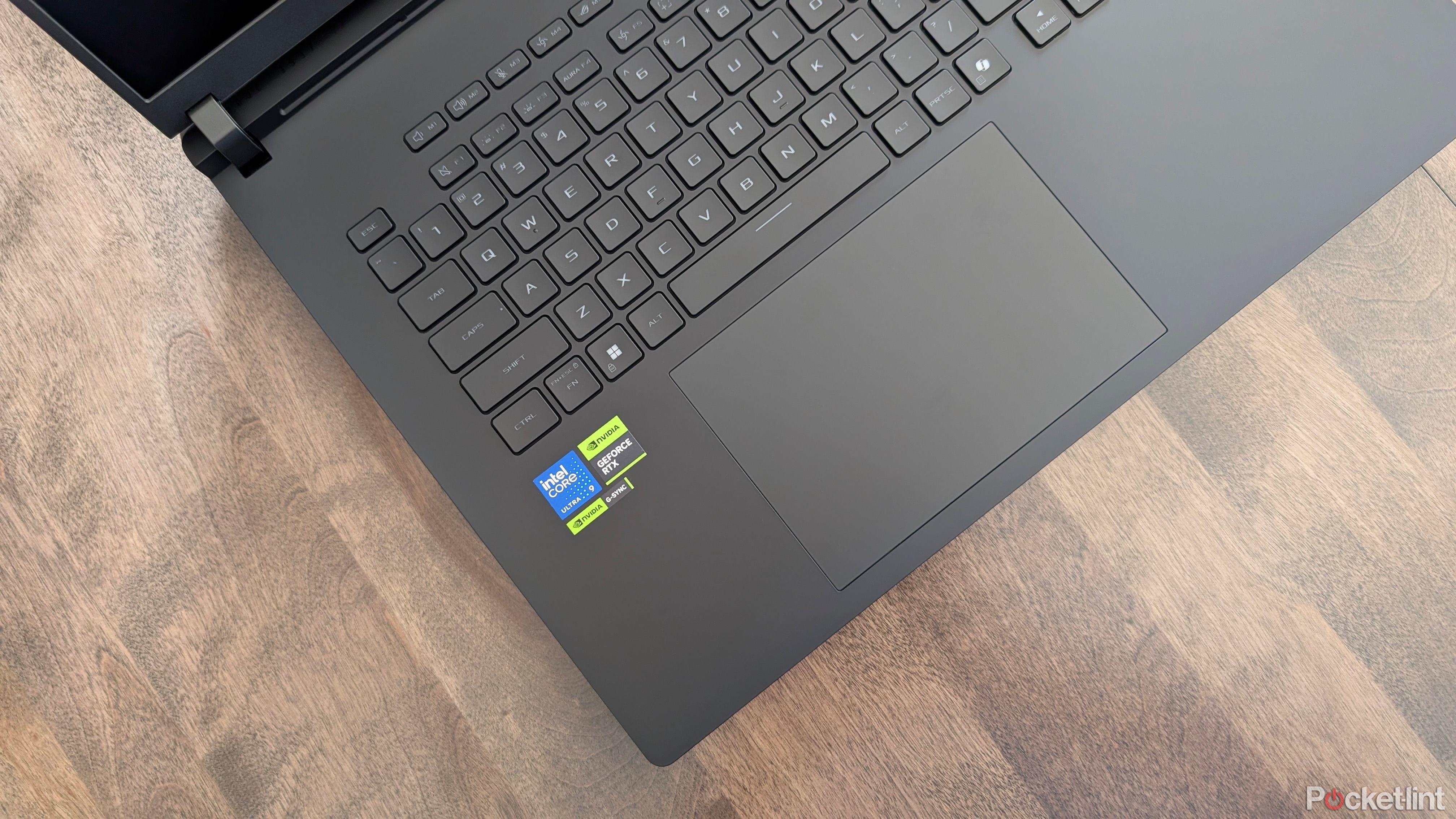Apple is working with EU to make sideloading apps safe, says Craig Federighi
Prior to WWDC 2023, many reports suggested that Apple might allow sideloading with iOS 17. Bloomberg then reported that Apple would permit sideloading only in European Union countries, and 9to5Mac confirmed that report by finding unused code in iOS 16 to limit new features based on a user’s location.
Apple did not announce it at the Keynote at WWDC 2023 and the current version of iOS 17 beta does not support sideloading. However, Apple’s vice president of software engineering Craig Federighi has said that the company may follow the EU in its rulings on sideloading.
Craig Federighi was participating in John Gruber’s annual “The Talk Show Live” at WWDC 2023, where he discussed various things including macOS 14 Sonoma, iOS 17, and new hardware that Apple introduced in the Keynote.
Gruber asked Federighi why the iOS 17 Keynote or any document from Apple did not talk about sideloading, while also saying that the feature to let apps from third-party sources on Android, and iOS has been mandated by the European Union.
Federighi responded to the question by saying that Apple is concentrated on doing whatever the best thing is for customers and the security of users. He also said that the company is working with the EU to talk about compliance with the new law.
Apple has always made the security main issue every time someone has compared iOS to Android. It is worth noting that Apple’s desktop operating system, macOS allows users to install apps from anywhere. Users can download it and run it like they do on Windows and Linux operating systems.
Android allows sideloading ability to users and only tech-savvy users use the feature to install apps from third-party stores. Google Play Protect scans users’ phones for malicious apps and notifies them to remove harmful apps.
9to5Mac suggests that Apple does not like sideloading because the App Store is a large source of income, as developers pay a fee of up to 30% of each sale to Apple. Apple may not want sideloading in iOS to be a popular feature. It could make it more difficult for normal users to access as well, the report adds.
Meanwhile, Apple announced the new version of Mac Pro with an M2 Ultra chip, and with this announcement, the company has completed its transition to Apple Silicon. The company no longer sells Macs that are powered by Intel chips. This could mean it will also drop the macOS support for Intel chips soon.
The post Apple is working with EU to make sideloading apps safe, says Craig Federighi appeared first on Techlusive.

Prior to WWDC 2023, many reports suggested that Apple might allow sideloading with iOS 17. Bloomberg then reported that Apple would permit sideloading only in European Union countries, and 9to5Mac confirmed that report by finding unused code in iOS 16 to limit new features based on a user’s location.
Apple did not announce it at the Keynote at WWDC 2023 and the current version of iOS 17 beta does not support sideloading. However, Apple’s vice president of software engineering Craig Federighi has said that the company may follow the EU in its rulings on sideloading.
Craig Federighi was participating in John Gruber’s annual “The Talk Show Live” at WWDC 2023, where he discussed various things including macOS 14 Sonoma, iOS 17, and new hardware that Apple introduced in the Keynote.
Gruber asked Federighi why the iOS 17 Keynote or any document from Apple did not talk about sideloading, while also saying that the feature to let apps from third-party sources on Android, and iOS has been mandated by the European Union.
Federighi responded to the question by saying that Apple is concentrated on doing whatever the best thing is for customers and the security of users. He also said that the company is working with the EU to talk about compliance with the new law.
Apple has always made the security main issue every time someone has compared iOS to Android. It is worth noting that Apple’s desktop operating system, macOS allows users to install apps from anywhere. Users can download it and run it like they do on Windows and Linux operating systems.
Android allows sideloading ability to users and only tech-savvy users use the feature to install apps from third-party stores. Google Play Protect scans users’ phones for malicious apps and notifies them to remove harmful apps.
9to5Mac suggests that Apple does not like sideloading because the App Store is a large source of income, as developers pay a fee of up to 30% of each sale to Apple. Apple may not want sideloading in iOS to be a popular feature. It could make it more difficult for normal users to access as well, the report adds.
Meanwhile, Apple announced the new version of Mac Pro with an M2 Ultra chip, and with this announcement, the company has completed its transition to Apple Silicon. The company no longer sells Macs that are powered by Intel chips. This could mean it will also drop the macOS support for Intel chips soon.
The post Apple is working with EU to make sideloading apps safe, says Craig Federighi appeared first on Techlusive.







